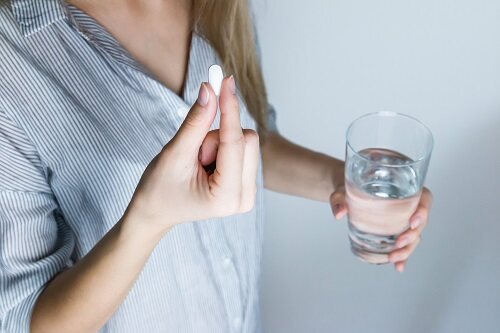Medications help us extend life and health. However, incorrect medication can not only fully exert the efficacy of the drug, but also may cause side effects. Therefore, it is necessary to understand safe and reasonable medication knowledge.
Consult with your doctor, nurse, or other medical staff before taking any medication. The drug user or his or her guardian needs to know about the amount of the drug, the time of administration, the therapeutic effect, and the side effects, etc.

In daily life, the most common people are oral medications such as capsules, tablets, pills, syrups, etc. So what do you know most about the mistakes people make when taking oral medications?
- Take pills without water. At the time of taking the medicine, or the sake of convenience, or because there was no water source for drinking at this time, the tablets were swallowed only by saliva. In fact, this approach is not proper. When the drug is swallowed without water, the drug is easily stuck in the esophagus to stimulate the esophageal mucosa, which may cause esophagitis, esophageal ulcer and the like.
- Beverage medication: tea, cola, soy milk, coffee, milk and other beverages have a variety of chemical components, easy to react with drugs and affect the efficacy, and even cause adverse effects. For example, caffeine in coffee can stimulate gastric acid secretion. If it is taken with the antipyretic and analgesic cold medicine such as ibuprofen, it will aggravate the stimulating effect on the gastric mucosa and easily induce gastric bleeding and gastric perforation. Therefore, pure water is required when taking the medicine.
- Drinking after taking the medicine: The wine contains ethanol of different concentrations, which may interact with various drugs, thereby reducing the efficacy or increasing the side effects of the drug. The most typical is antibiotics. These drugs can inhibit the metabolism of alcohol in the human body, causing accumulation of alcohol in the body and damage to organs such as the liver, kidneys and heart.
- Lying down when taking medicine: lying down when taking medicine will make the drug adhere to the wall of the esophagus, slowly descending or staying in the esophagus, causing cough and esophagitis, and even burning the esophagus, forming an ulcer.


